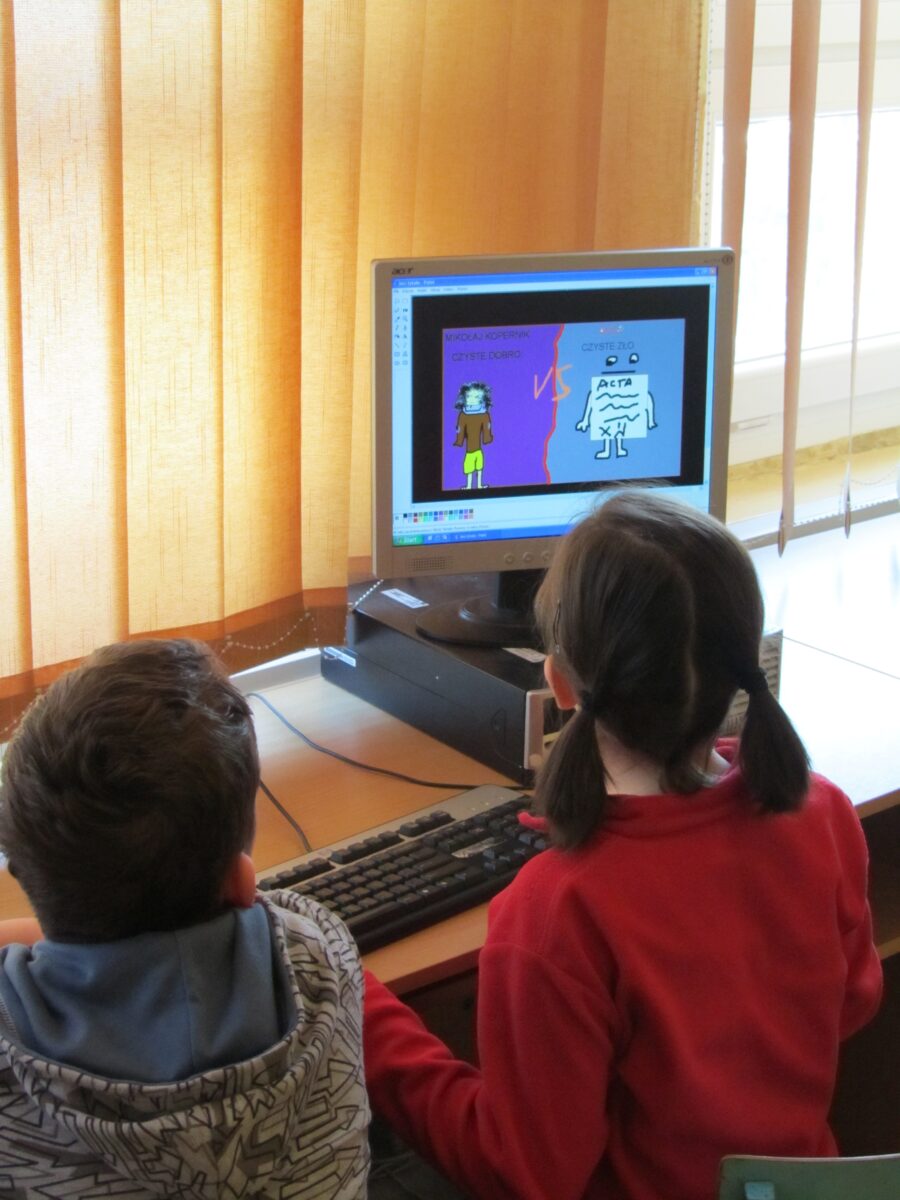Connecticut lawmakers address media literacy and civics education
Thomas Jefferson believed that an informed citizenry was key to the proper operation of a democracy. Jefferson, however, lived in an era where mass media consisted of hand-cranked printing presses and reams of cheap paper. A new bill before the Connecticut legislature seeks to provide students with more instruction in how to develop the media literacy necessary to be good citizens.
House Bill 6760 “An Act Regarding Civics Education and Media Literacy”will establish a Task Force to help define and implement a new section of the state’s curriculum about learning how to seek, examine, and understand media both online and offline.

Khara Boender, the state policy director of the Computer and Communications Industry Association (CCIA), hailed the bill as a needed measure. The CCIA is an industry group made up of telecommunications and electronics producers which predates the internet and pushes for open markets, networks, and competition. The organization sent a letter in support of the bill describing it as essential to protecting children online and enabling them to be good online citizens.
“Children’s safety online is an increasingly prevalent topic across state legislatures,”said Boender, pointing to HB 6760 as part of a welcome trend to address a growing problem. “There is sometimes a gap between what parents know is available to kids at school, and the reality of kids being online more, the internet and online services are more and more ubiquitous parts of our lives.”Providing this sort of training in schools is necessary, according to Boender, because it cannot be assumed that parents will have the background to be effective teachers of online behavior. She added the goal of the task force formed by HB 6760 should be “making sure that kids are armed with the ability to recognize what is and what is not good behavior online. “What shouldn’t I be doing online? What information shouldn’t I be giving out?’We teach kids to look both ways when they cross the street, and just like that we need to be building common sense tools that children can use when they’re navigating digital spaces.”The task force, which is to be composed of 16 members appointed by majority and minority leaders as well as the Speaker of the House of Representatives and the Senate President Pro Tempore plus several commissioners, is required to include at least four certified teachers or administrators.
State legislators placed an emphasis on the civics aspect of the bill. Rep. Kadeem Roberts, a Norwalk Democrat representing the 137th District and a member of the Education Committee, described the bill as important for the future of the state’s children.
“I see this bill as strengthening the education system and helping people understand where everyone comes from and different backgrounds,”said Roberts, who praised the requirement for the task force to include certified educators, noting that it was important that the decisions be made with direct input from those involved with teaching the courses. He also pointed to the civics portion of the bill as an important component.
“I feel that you might have a lot more kids understanding the purpose of voting, the purpose of being a community advocate, and to understand why it might be harder for one person to get where they need to be than for them ”“ you know you can’t hide everything forever,”Roberts said, recalling how his nephew has taken to watching videos on the family iPad. “Kids are finding loopholes to everything and now it’s up to the teachers, the parents and mentors to say that this is right or wrong.”
“I’m encouraged by the discussions that House Bill 6760 has generated,”said State Sen. Douglas McCory (D-2nd District), the co-chairman of the Education Committee when asked for comment about the bill. “Civics education is a vital part of helping our students become active leaders in their communities, in addition to, understanding the procedures, structures and history that their government is built on.”